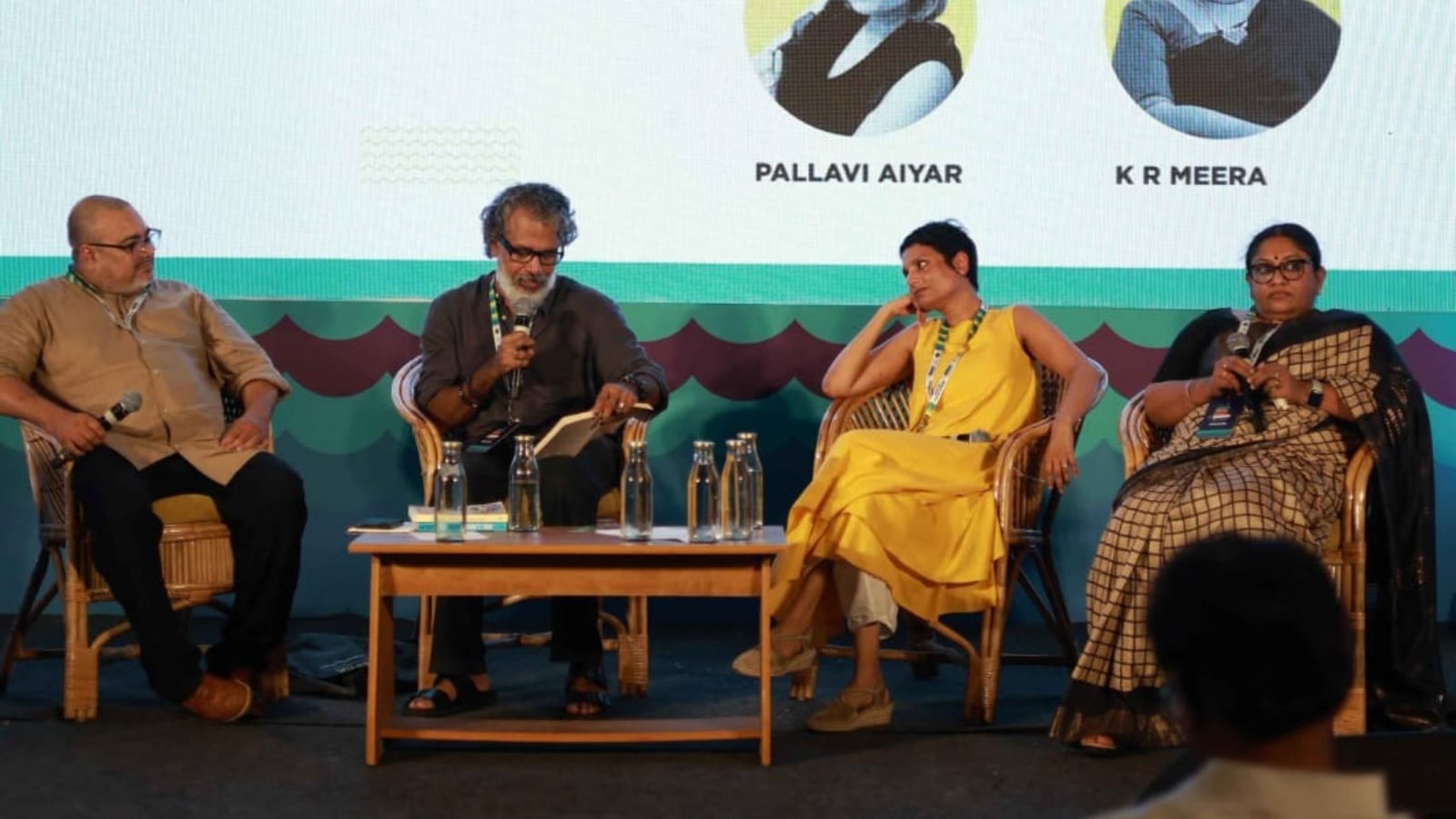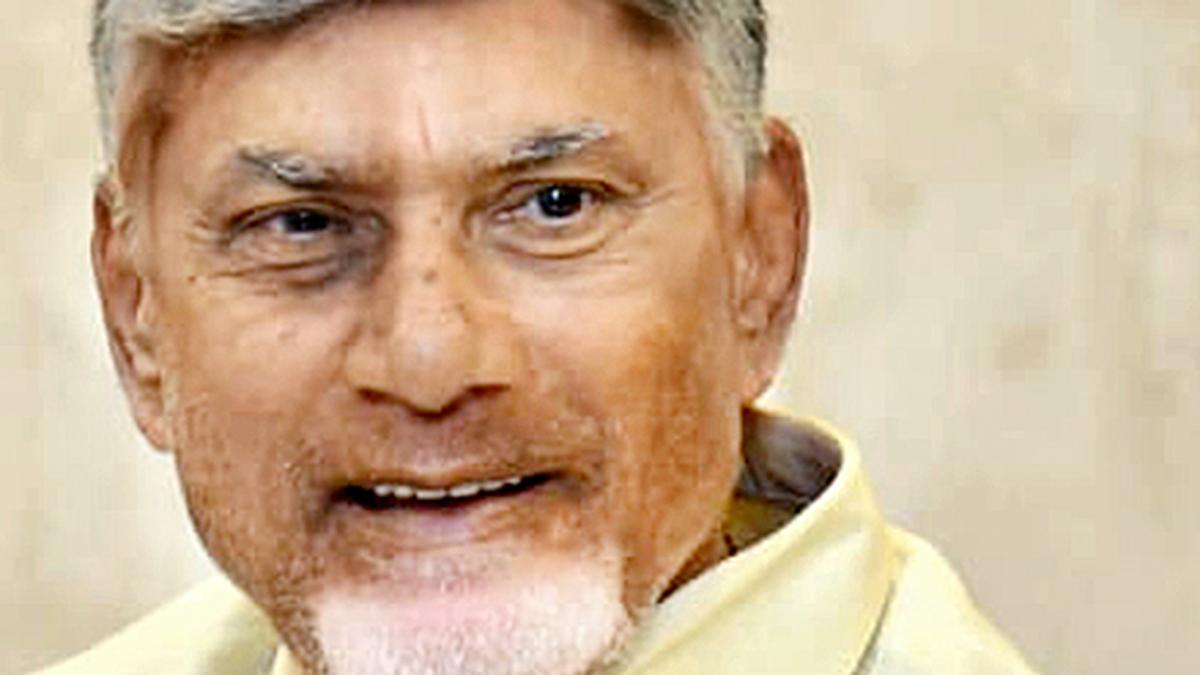A day after the Supreme Court quashed multiple FIRs against several persons, including the Vice-Chancellor of a university in Uttar Pradesh, registered in the Fatehpur district over alleged charges of “mass religious conversions” under the Uttar Pradesh Prohibition of Unlawful Conversion of Religion Act, 2021, legal experts said on Saturday (October 18,2025) that the ruling has far-reaching implications for the State.
They said a significant number of cases has been registered under the law, many of which can now be challenged. The judgment could prompt a reassessment of pending cases, encourage greater scrutiny of FIRs, and can curb the misuse of the law as a tool of persecution, particularly against minority communities, they said.

While dismissing the case against Rajendra Bihari Lal, the Vice-Chancellor of Sam Higginbottom University of Agriculture, Technology and Sciences, Prayagraj, the top court said that the FIR suffers from an “incurable legal defect”, having been lodged by a person otherwise not competent in law to do so as per the then prevailing statutory scheme.

“The Supreme Court judgement reinforces the principle that liberty and procedural fairness must not be sacrificed at the altar of populist enforcement. The criminal law cannot be allowed to be made a tool of harassment of innocent persons, allowing prosecuting agencies to initiate prosecution at their whims and fancy, on the basis of completely incredulous material,” Sulkhan Singh, a former Uttar Pradesh Director General of Police, told The Hindu.
Mr. Singh said it is a fundamental right “to follow and practise a faith of one’s choice”. “This right cannot be stifled in the garb of preventing unfair conversions. Religion carries civil implications like inheritance, maintenance and children’s welfare. Therefore, conversion can be facilitated and regulated, but cannot be banned. The Supreme Court has reaffirmed that laws must not be weaponised to harass the marginalised,” he said.

S. Mohammad Haider Rizvi, a legal scholar and senior advocate based in Lucknow, termed the ruling a “watershed moment” in curbing the misuse of anti-conversion laws in Uttar Pradesh, particularly against minorities.
“The ruling has far-reaching implications for Uttar Pradesh... It sets a precedent for judicial intervention against misuse of special legislation, reinforcing the principle that constitutional safeguards of personal liberty and religious freedom must not be diluted by motivated or frivolous litigation,” said Mr. Rizvi.
“With a huge number of FIRs by third parties, unconnected with the alleged offence, and consequent arrests, with no convictions as on date, the law is regressive. It indeed infringes Articles 21 and 25, curbing personal liberty and religious freedom under the guise of preventing coercive conversions,” he said.
Mr. Rizvi said the judgment restores faith in judicial oversight, reminding us that due process is the “heart and soul” of democracy. “The Supreme Court’s ruling in the case is an apt exemplar of constitutional clarity amidst a fog of prejudice. By way of its detailed and in-depth analysis of the law on the subject, running into 158 pages, the apex court has reaffirmed that laws must not be weaponised to harass the marginalised,” he said.
He said the misuse of “third-party complaints and vague allegations” against educators reflected a “disturbing trend of targeting minorities under the guise of legality”.
“This judgment restores faith in judicial oversight and underscores that liberty cannot be sacrificed at the altar of populist suspicion,” said the advocate.
In April 2022, an FIR was filed in Fatehpur district following a complaint lodged by Himanshu Dixit, a leader of the Vishwa Hindu Parishad. The complainant alleged that Mr. Lal, also known as Babaji, and others were involved in cheating, criminal intimidation, forgery, and unlawful religious conversion, as outlined in Section 3 of the State’s conversion law.
The complaint detailed an alleged incident of “mass religious conversion” that took place at the Evangelical Church of India in Hariharganj in April 2022. It said Mr. Lal attempted to convert individuals gathered outside the church through undue influence and coercion.

 7 hours ago
4
7 hours ago
4








 English (US) ·
English (US) ·